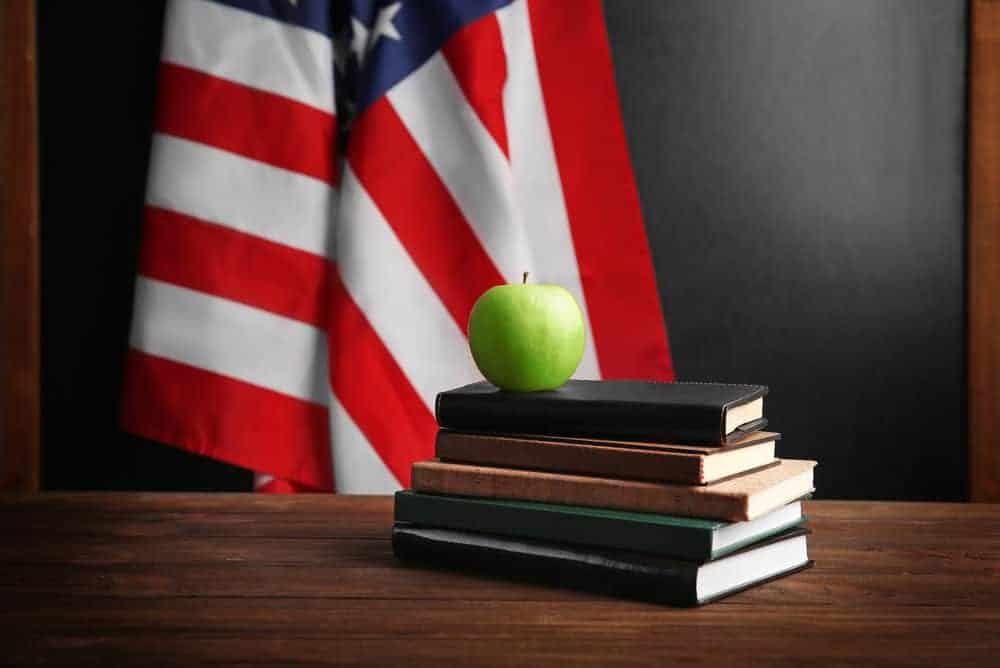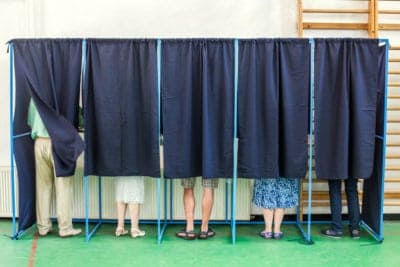

An extraordinary run of news over two weeks in a skin-sticking-hot July has given Americans a lot to process about the condition of their democracy. This is especially so for adolescents and young adults phasing into mature citizenship.
On the eve of Independence Day, a U.S. Senate committee, chaired by Republican Richard Burr of North Carolina, issued a report affirming American intelligence agencies’ findings that Russian President Putin had ordered an “influence campaign’’ in 2016 with a goal to “undermine public faith in the U.S. democratic process.” Ten days later, the special counsel’s investigation produced the indictment of 12 Russians alleged to have engage in hacking of computers of Democratic Party and Hillary Clinton campaign offices.
In the course of his travels in Europe for a NATO meeting and a summit meeting with Putin, President Trump repeated his historically fraught charge that “much of our news media is indeed the enemy of the people.” He dismissed the federal investigation into Russian interference in the U.S. election as a “disaster for our country.”
Americans absorbed the recent news in the context of intense divisiveness that Russians may have sought to exploit but did not initiate. Citizens have watched power plays in Congress and state legislatures that flout the regular order of decision making. The public square, magnified by social media, resounds with heated debates over election rules, immigration, guns, and race.
“The 2016 election drew attention to the increasing polarization and divisiveness of our politics, and to the susceptibility of American voters’ beliefs to false or misleading information,’’ write four scholars at The Brookings Institution in Washington. “These concerns have raised important questions about K-12 education in America. Are schools equipping students with the tools to become engaged, informed, and compassionate citizens?”
The four Brookings scholars issued a report in late June that offers insight into social studies and civics education in U.S. schools. Without criticizing the emphasis on math and reading, they wonder whether the dominant focus on workplace skills has impinged on education for active citizenship. The National Assessment of Education Progress tests math and reading regularly, but civics knowledge less consistently.
The Brookings report found that, from the late 1990s to 2014, “the overall trend in eighth-grade civics largely mirrors the trend in eighth-grade reading: slow and modest improvements…” It also found “still-large gaps’’ in achievement along lines of race, ethnicity and economic status.
Whereas women constitute a large majority of math and English teachers, more than half of social studies teachers are men. And, says the Brookings report, 35 percent of the male social studies teachers have extracurricular responsibilities, including coaching.
“High-quality civics education includes a solid foundation of knowledge, discussion of relevant issues, interactive learning, and participation in the community,” write the Brookings scholars, who clearly express concern that civics remains rooted in traditional classroom instruction and not enough in community engagement.
“Nonetheless, we find reason to be optimistic,” they write. “An expanding coalition of researchers and practitioners continues to create resources to help educators teach students how to participate in their communities, in the political process, and in the civic life of the United States. State policy, including subject-area course requirements, standards, and curriculum frameworks, can be an important lever in delivering high-quality civics education to all students.”
From the early days of the Republic, the nation’s political leaders saw education as essential to informed voting and democratic decision-making. Today, just as Americans look to schools to enhance the nation’s economy, they should insist on and support robust education in the ways and means of elections, a free press, party politics, governmental checks-and-balances and citizen participation.
In announcing the indictment of the 12 Russians, Deputy Attorney General Rod Rosenstein concluded with a perspective that could serve as the basis of realistic and nuanced teacher-student exploration:
“Free and fair elections are always hard fought and contentious. There will always be adversaries who seek to exacerbate our divisions and try to confuse, divide, and conquer us. So long as we are united in our commitment to the values enshrined in the Constitution, they will not succeed. …We need to work together to hold the perpetrators accountable, and we need to keep moving forward to preserve our values, protect against future interference, and defend America.”


